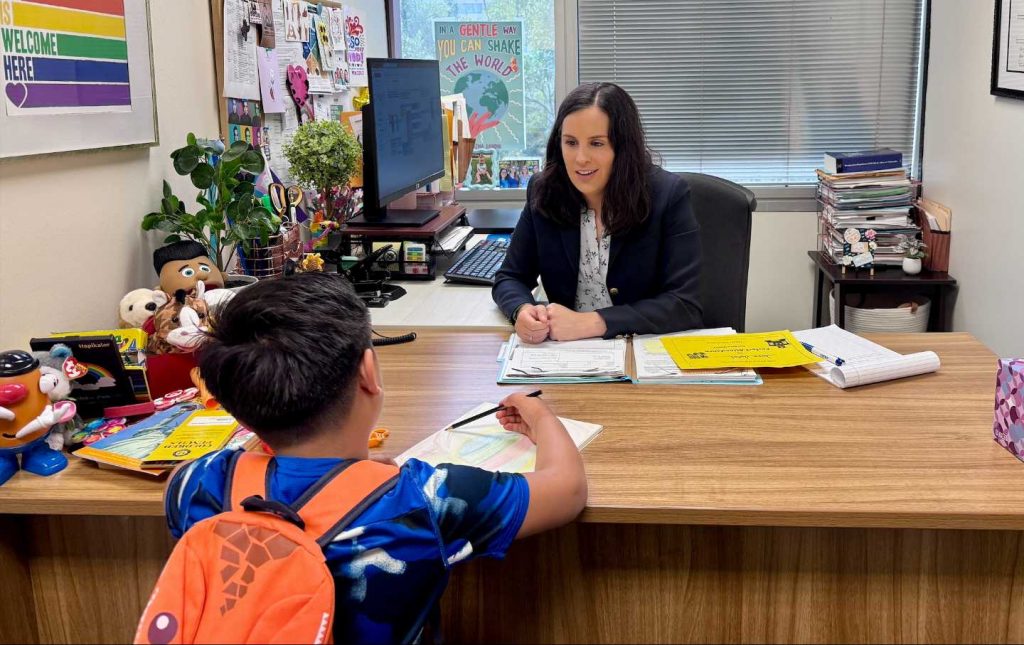Thousands of unaccompanied migrant children, some as young as toddlers, may now have to face U.S. immigration courts completely alone. This crisis follows funding cuts by the Trump administration that stripped legal representation services from organizations helping these vulnerable children.
The Galveston-Houston Immigrant Representation Project (GHIRP), which provides legal aid to children, was forced to halt services after receiving a stop-work order from the Department of the Interior. Although the order was briefly lifted, it was later followed by the cancellation of all funding for direct legal representation. As a result, GHIRP and similar nonprofits across the U.S. have been forced to lay off staff and reduce or stop services altogether.
These changes hit Texas especially hard. Harris County, home to Houston, receives the largest number of unaccompanied children in the country. GHIRP, which typically serves 1,500 children annually, is now scrambling to operate on reserves and has had to let go of half its immigrant children and youth legal team.
Why are these cuts such a big deal?
Because unlike in criminal court, immigrants facing deportation do not have the right to a public defender. This means children must represent themselves in a complex legal system where even trained lawyers often struggle. Without legal aid, about 84% of unrepresented children end up with removal orders, compared to just 21% for those who have lawyers.
Legal representation does more than just help in court. Attorneys also monitor shelters, educate children about their rights, and help uncover abuse or unsafe conditions. For example, in Michigan, a case of sexual abuse at a shelter was exposed partly because attorneys had regular access to the children.
What happens to kids without legal help?
Children could be deported without understanding why. They might miss deadlines, fail to appear in court, or be unable to explain why they fled their home country. Some are too young to even speak or understand the proceedings. Lawyers sometimes use toys or drawings just to help them tell their story.
Even though a judge restored funding through a temporary injunction, the future is uncertain. The Trump administration is appealing the ruling and may take the case to the Supreme Court. Organizations like GHIRP and the Michigan Immigrant Rights Center remain under pressure, unable to fully rebuild their teams or guarantee continued representation for the children who desperately need them.
How can this affect the future?
Advocates warn that these cuts could drive experienced lawyers away from the field permanently. The emotional toll, paired with unstable funding, may leave future administrations struggling to restore lost expertise and infrastructure.
As this legal battle continues, one thing remains clear: thousands of children could be left to fight for their future alone, in a courtroom they do not understand, against a system built for adults.
Tips and Recommendations:
- Support organizations like GHIRP and Kids in Need of Defense by donating or volunteering.
- Contact your representatives to demand consistent funding for legal aid to migrant children.
- Educate others about the challenges these children face and share stories to build awareness and empathy.

